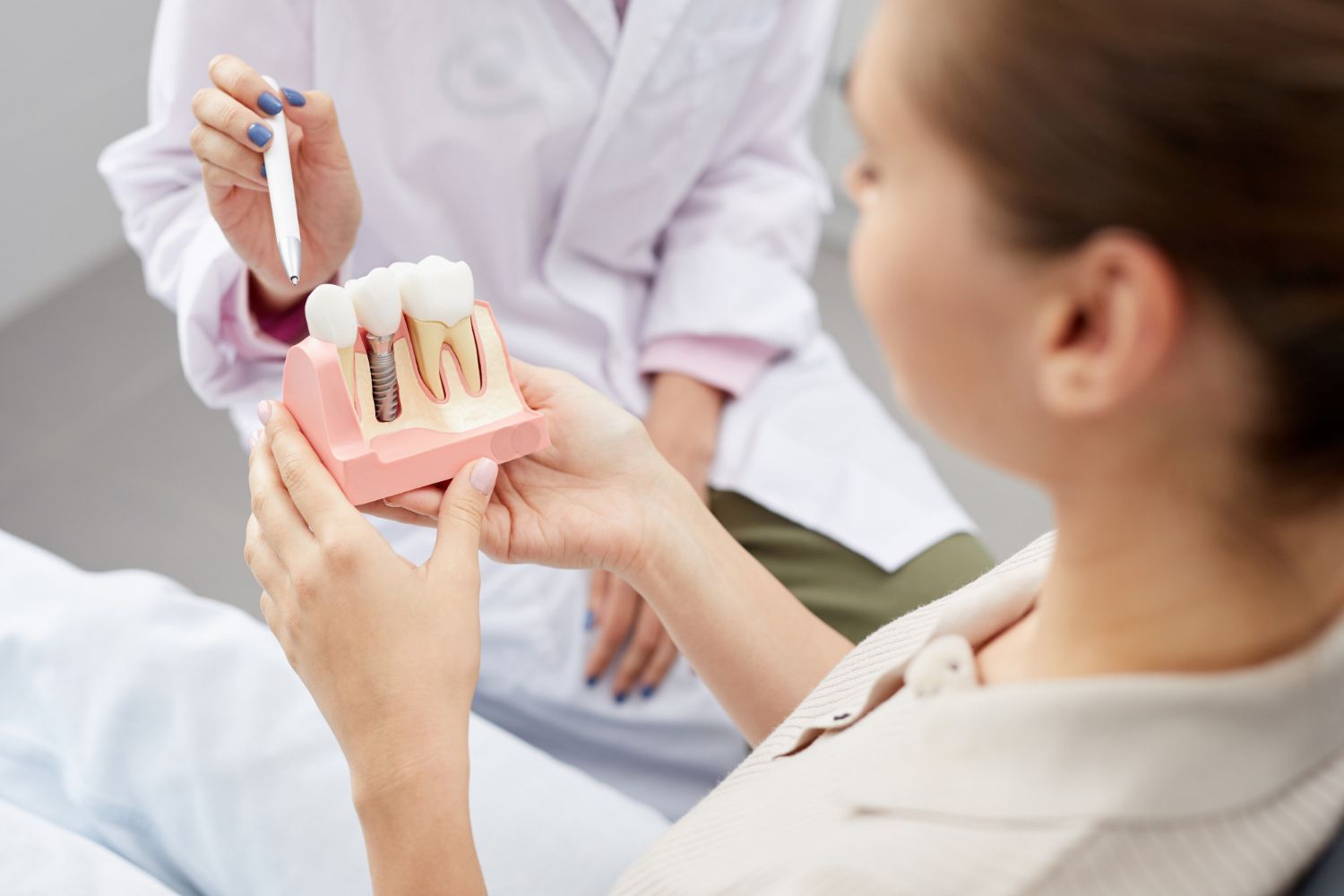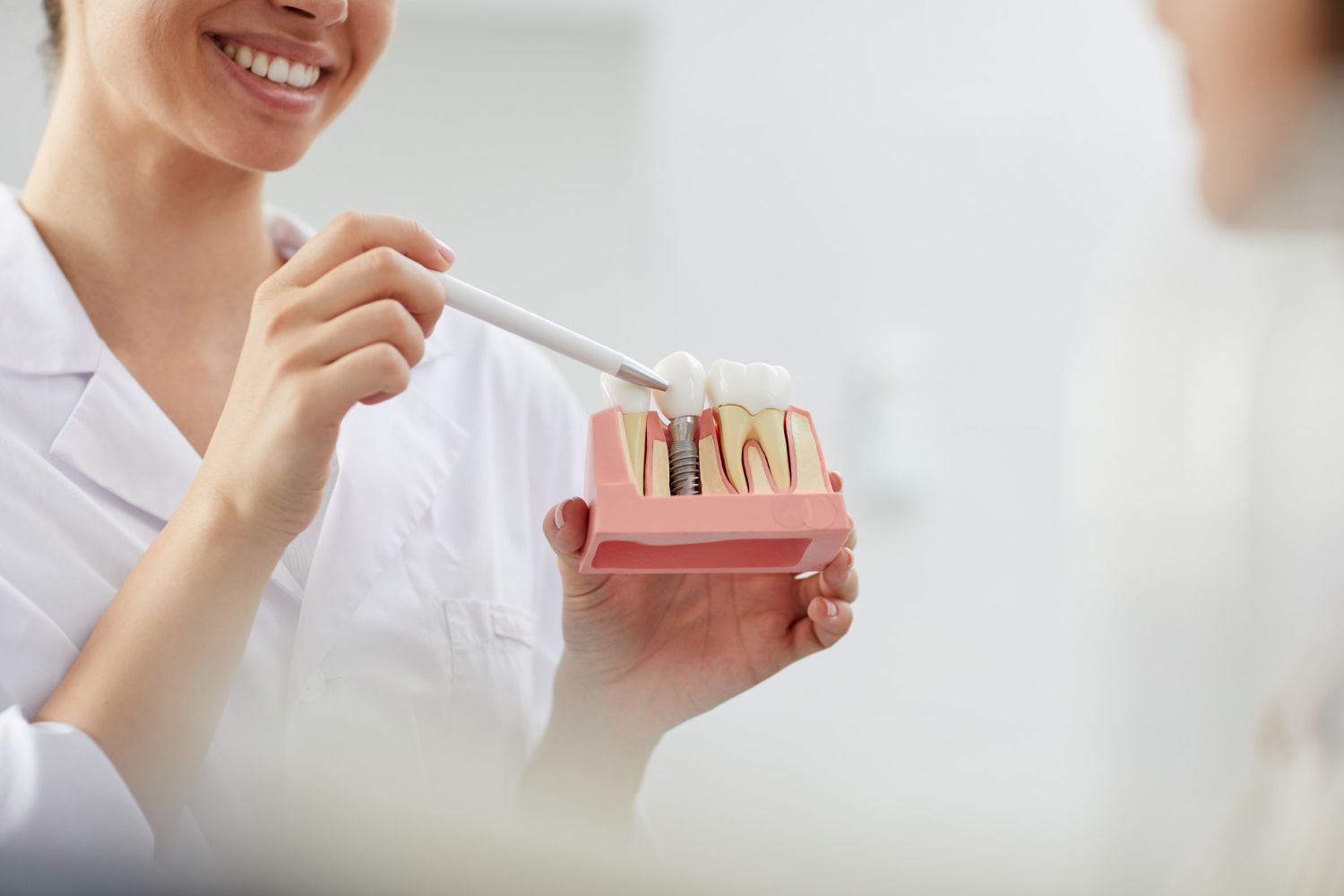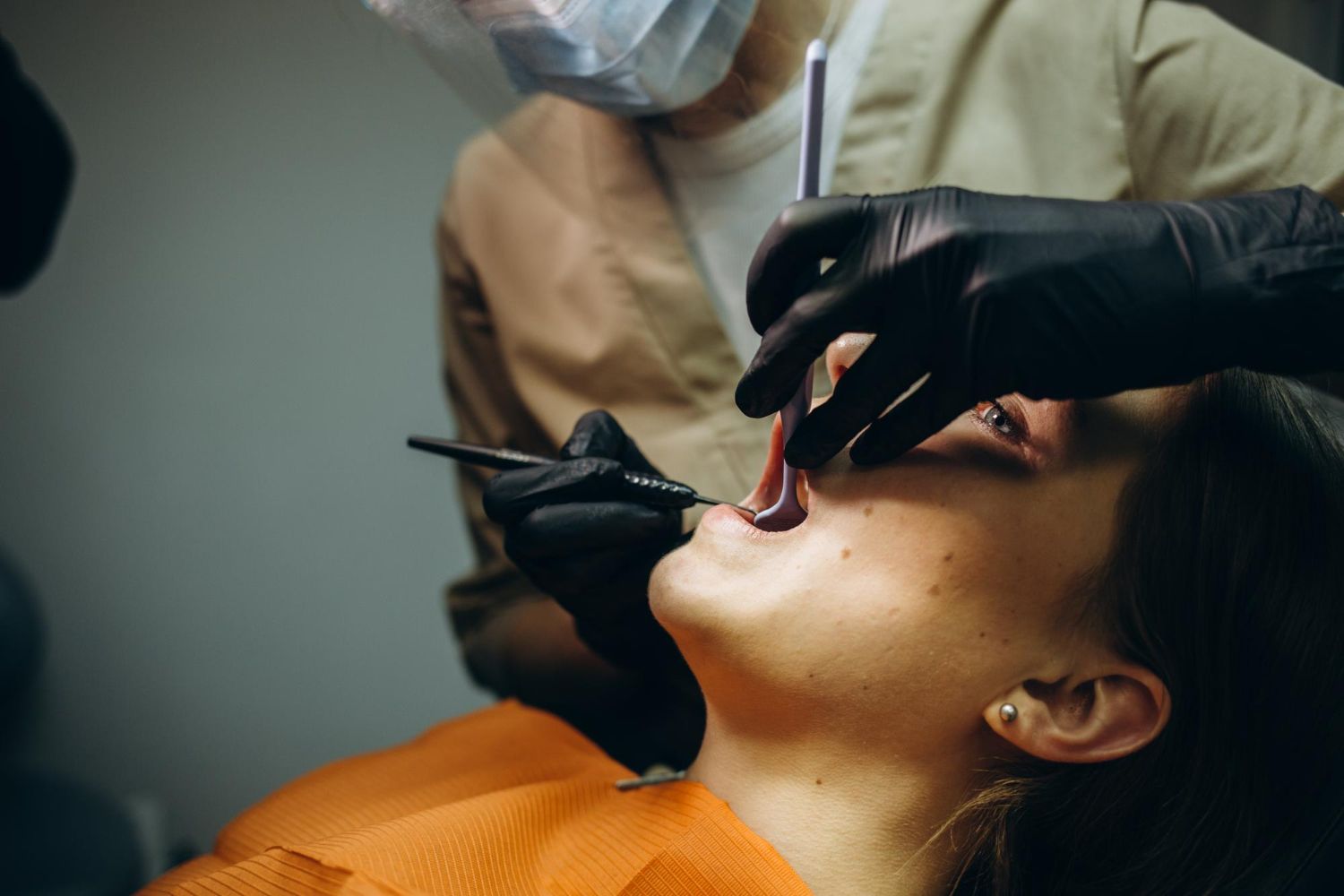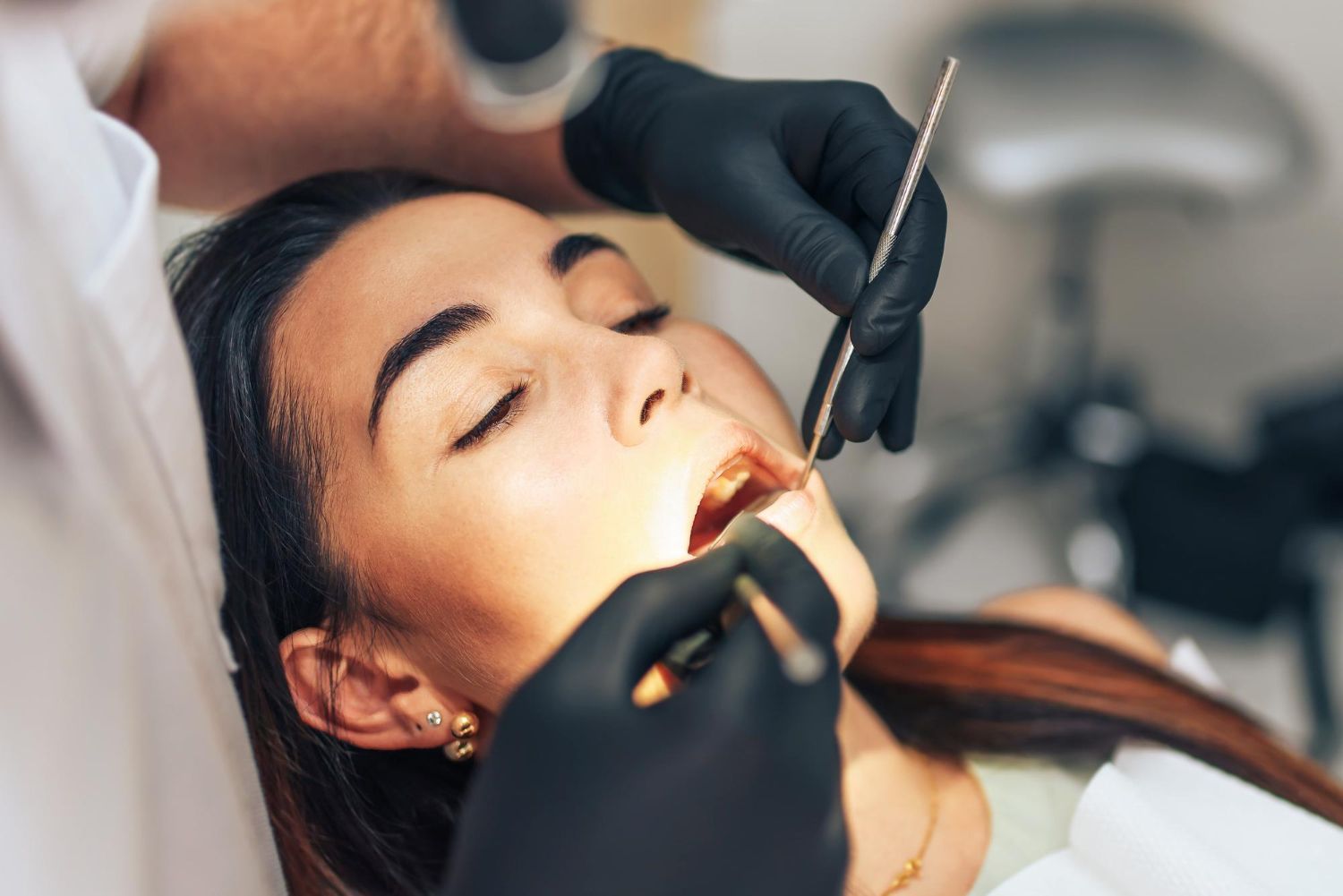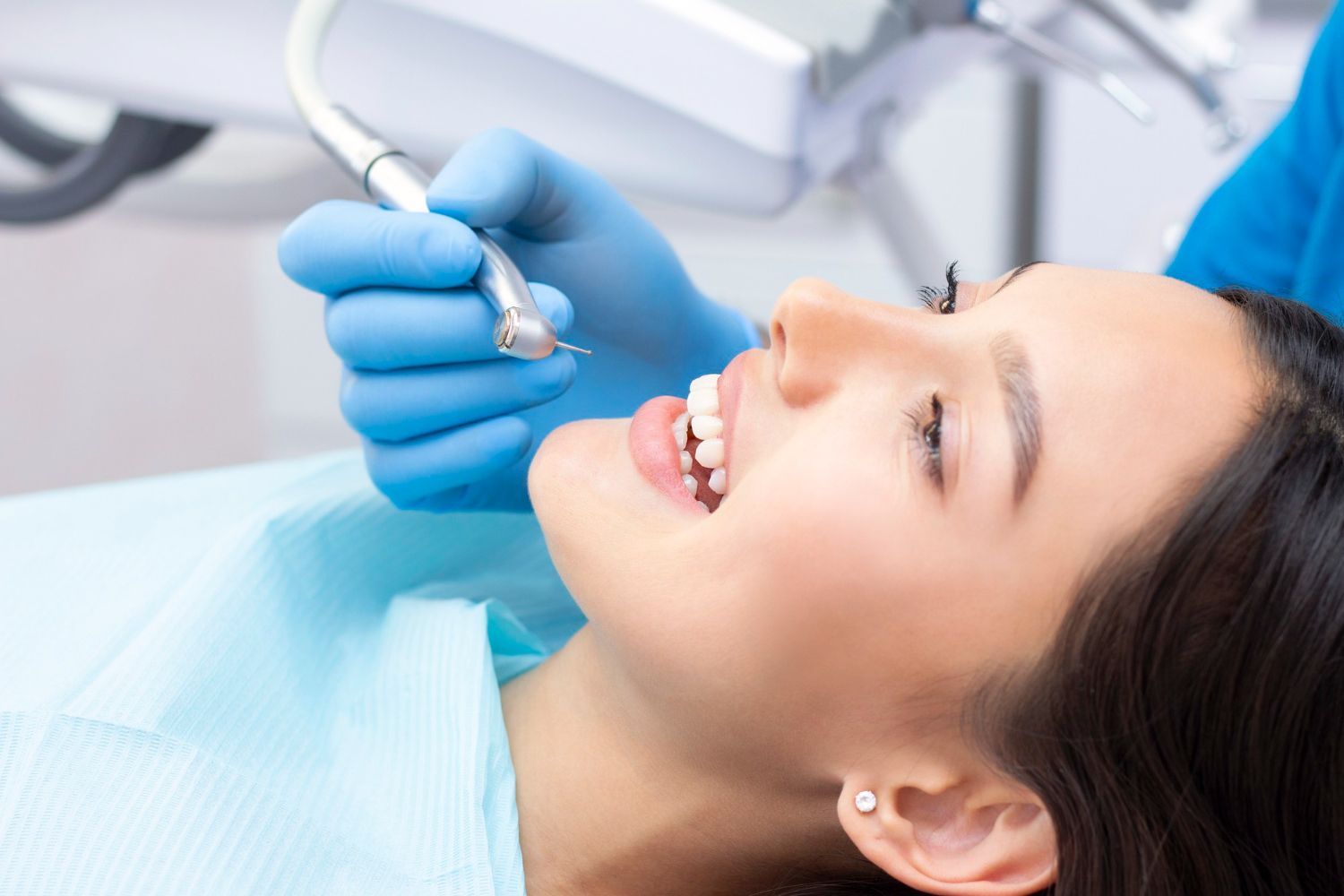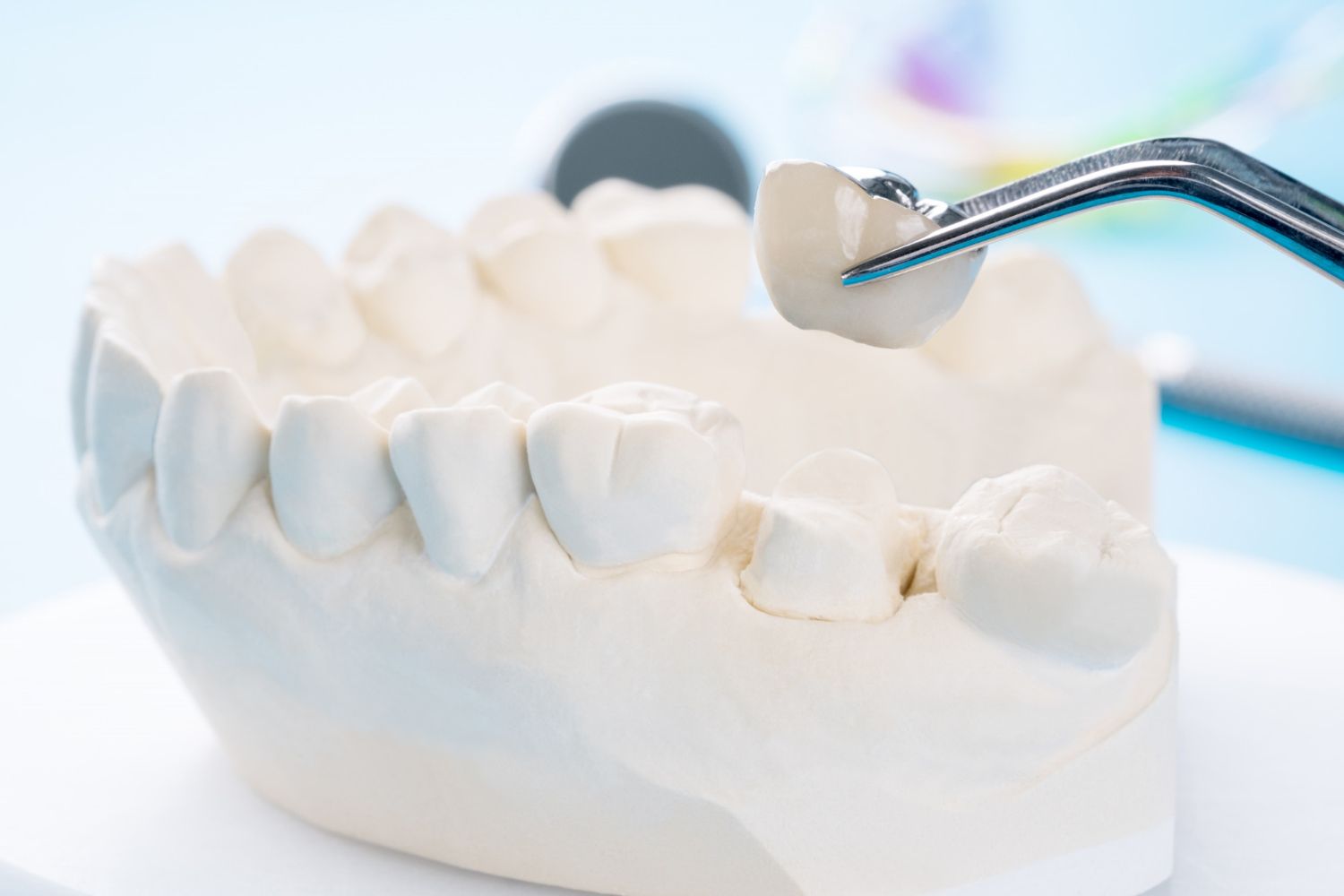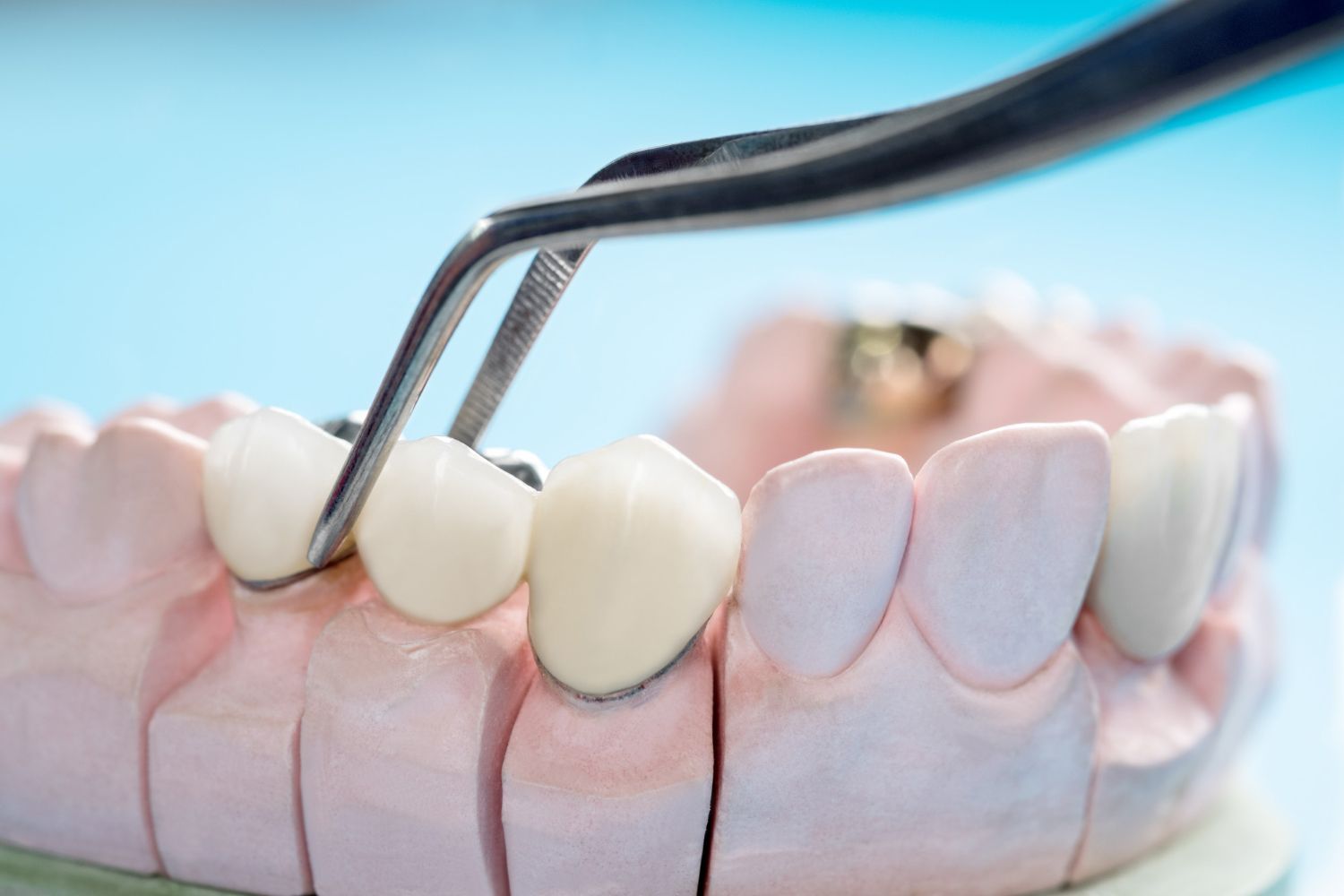Best Practices For Maintaining Your New Dental Implants
Dental implants are often chosen to replace missing teeth because they look and feel natural. Anchored into the jawbone, they act like real tooth roots and give solid support for chewing, talking, and smiling. Over time, they can help prevent problems like bone loss and shifting teeth, making them a long-term solution worth protecting.
But just like natural teeth, dental implants need ongoing care. They aren’t immune to buildup or gum issues, especially if they’re not cleaned or checked regularly. Proper maintenance doesn’t have to be complicated, but it does need to be consistent. If you’re living in Lynn and just got dental implants, there are some practical steps you can take to keep them in great shape.
Daily Oral Hygiene Routine
Daily habits go a long way when it comes to keeping dental implants healthy. Even though they’re made of materials that don't decay, the gums and bone around them still need care. Skipping on hygiene can lead to infection or irritation that may compromise the implant over time.
Start your routine by brushing twice a day. Use a soft-bristled toothbrush so you’re not too rough on the gums. A non-abrasive toothpaste is best since some products can scratch the surface of the implant or irritate the surrounding tissue. Electric toothbrushes are fine to use too, as long as you’re not pressing too hard.
Don’t forget about the spots between your teeth. Food and plaque can settle there and irritate the gums. Flossing at least once a day helps, but it can be tricky around implants. That’s where extra tools come in handy:
- Interdental brushes to clean in wider gaps
- Water flossers for a gentle but thorough rinse
- Long-handled soft picks for tough-to-reach angles
If you wear a night guard or a removable retainer, make sure you clean those too. Bacteria can build up on anything that goes into your mouth and transfer to nearby gums or the implant area. Keeping those appliances clean helps keep your mouth healthier overall.
Consistency is key. Pick tools that feel comfortable and easy for you to use so you’re more likely to keep up with them every day. You don’t need to spend forever brushing and flossing, but doing it the right way regularly can save you discomfort and extra trips to the dentist later on.
Regular Dental Visits In Lynn
Even if your brushing game is solid, there are still things only a dentist can catch or clean. That’s why regular check-ups matter, especially with dental implants. These visits aren't just about looking for problems. They help keep them from starting in the first place.
During a cleaning, your hygienist can remove plaque and buildup in places your toothbrush might have missed. That matters more than most people realize because leftover gunk can cause inflammation around implants or even lead to a condition called peri-implantitis, which weakens the bone around the implant.
Your dentist will also check how well your implant is bonded into the jawbone, examine the gums around it, and look for any small bite or alignment changes that could throw off your chewing motion. Even subtle problems like pressure from a misaligned crown can cause discomfort or instability over time.
Scheduling dental visits every six months is a great baseline, but your dentist might recommend coming in more often depending on your specific case. Visits are also your chance to ask questions or bring up anything that feels off. You know your mouth best, so listen to it.
By sticking to a regular schedule and working with a dentist in Lynn who knows your history, you keep your implant and the rest of your mouth in better shape for the long run. It’s about staying ahead of any issues rather than reacting to them once they’ve started. Just like car maintenance, small tune-ups keep you from dealing with big repairs down the road.
Avoiding Harmful Habits That Can Damage Dental Implants
Once you’ve established a solid care routine and schedule regular visits, the next step is keeping your implants safe from damage. A big part of that is being aware of daily habits that could slowly hurt the implant without you even knowing.
First, skip the smoking. Even if it's an occasional thing, it can dry out your mouth and make healing harder, especially in the gums around an implant. Over time, this dryness and irritation can affect how well the implant stays in place.
Another thing to keep in mind is pressure. Chewing on hard objects might not seem like a big deal, but it can gradually wear down or crack both implants and natural teeth. These habits might include:
- Biting down on ice cubes while drinking
- Chewing on pen caps, fingernails, or pencil ends
- Using your teeth to open packages or bottle caps
You might also want to keep an eye on certain foods. Sticky candies, hard nuts, or crunchy snacks can put extra stress on the implant, especially while it’s still settling into your jaw. It doesn’t mean you can’t enjoy your favorite foods. You just want to chew carefully on both sides and avoid overworking one spot.
If you grind your teeth at night, ask your dentist about a mouth guard. Sometimes people don’t even know they’re grinding until it shows up as jaw pain or tooth wear. A custom night guard can help protect both your implants and natural teeth from too much pressure.
Being mindful of habits like these helps you avoid problems before they get serious. It doesn’t have to be extreme, just small, thoughtful changes that support your long-term smile.
When To Speak Up: Early Signs Of Trouble
Just like with natural teeth, the earlier you notice something is off, the easier it usually is to fix. Dental implants are meant to last, but they’re still part of your body, which means changes can happen over time. The key is not ignoring them.
Sometimes people wait too long to mention small symptoms because they think it’s nothing. But with implants, it’s better to bring up even the smallest concern to your dentist in Lynn. Some early warning signs may include:
- Red or swollen gums around the implant
- Slight bleeding when brushing or flossing the area
- A feeling that the implant is loose or moves slightly
- Lingering pain or soreness that doesn’t go away
- A strange taste or bad breath near the implant site
Don’t try to cover up the issue with mouthwash or over-the-counter creams. The point isn’t to mask symptoms, it’s to understand them. Even minor swelling or discomfort could mean there’s bacteria under the gumline that needs to be professionally cleaned out.
If something doesn’t feel right, trust that instinct. Reaching out sooner instead of waiting a couple of months can save you from bigger problems. Your dentist can take a close look and recommend the best solution, whether it’s a deep cleaning or a quick adjustment.
When implants start showing early signs of trouble, they’re often still treatable. Letting issues sit gives them time to spread or get worse. So if you feel unsure, even just a little, go ahead and make the call.
Keeping That Brand-New Smile Going Strong
Getting dental implants can make eating and smiling easier, but keeping them in top shape takes a little ongoing effort. Good habits at home, regular care from your dentist, and avoiding everyday risks all work together to support your implant’s long-term health.
Think of maintenance as a way of protecting your investment. Dental implants are built to hold up for years, but only if they’re treated like real teeth. When you stay on top of your care routine and stay alert to changes, you give yourself the best chance to keep that implant working and looking great.
Over time, these habits become second nature, and the implant starts to feel like it’s always been there. That’s the goal—to help your smile feel so normal and strong that you hardly have to think about it. With a little effort and a watchful eye, that kind of confidence can last for a long time in Lynn.
Maintaining your dental implants is an important part of protecting the health and appearance of your smile. If you’re looking for expert care or have questions about your treatment, Seaport Family Dentistry is here to help. Learn more about how we support long-term success with
dental implants in Lynn.

